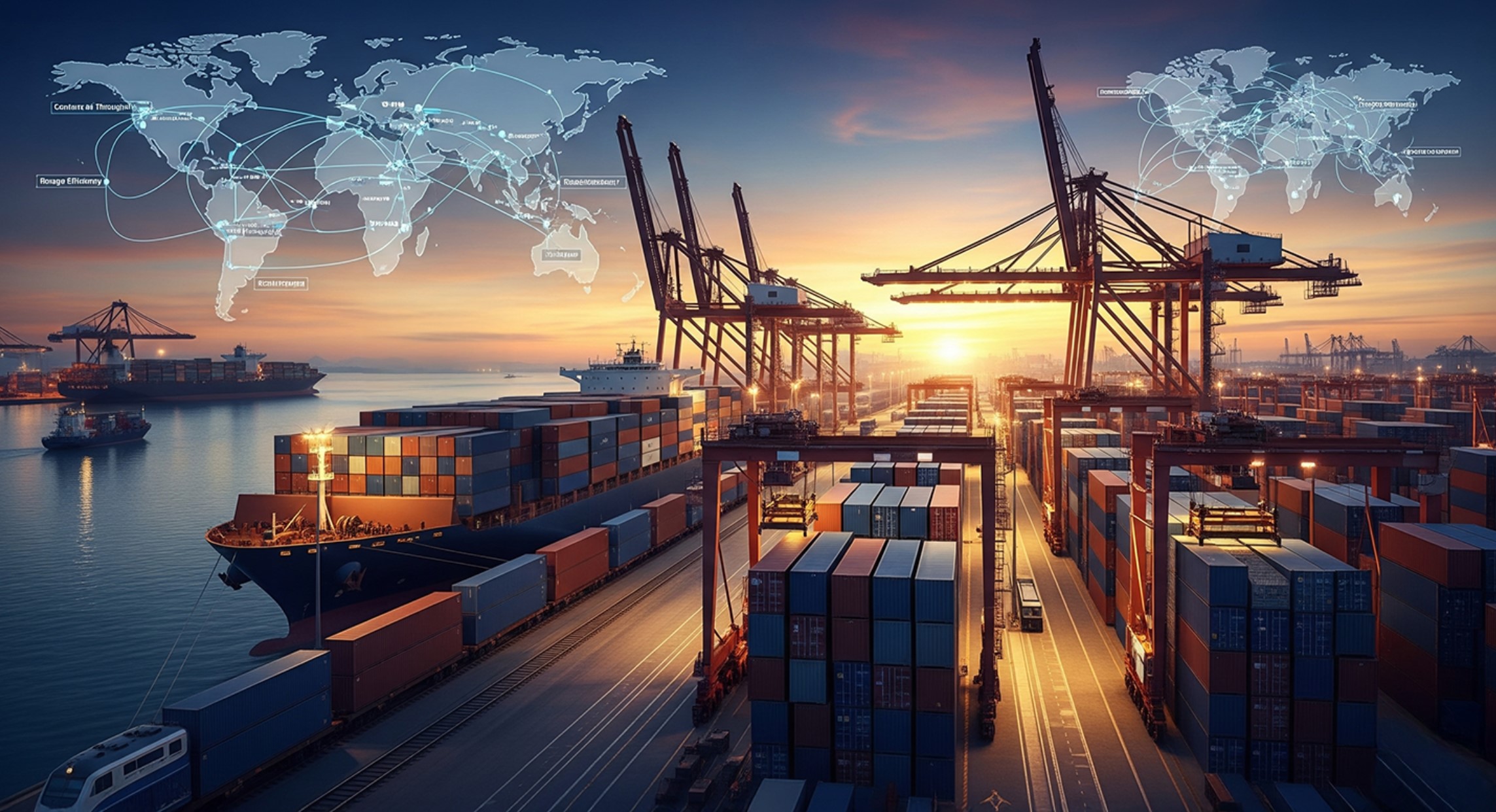———————————————
When everything goes according to plan, logistics is a balanced, consistent, meticulously calculated process, but during crises, the situation changes. Dragon Logistics is a company that has been engaged in international transportation for a long time, in particular from China to Ukraine, and has considerable experience in how to work when difficult circumstances arise.
At this time, it is clear that crises come in different forms: war, pandemic, crisis changes at the borders, problems with sea or air transport, shortage of containers, rising fuel costs or changes in customs legislation. As a logistics intermediary, we face challenges quite often and have learned to react quickly, with a reserve of solutions, and are ready to provide certain advice on how to minimize risks during international transportation.
Main problems that arise
In one or another crisis situation, the logistics chain in international transportation turns into a complex puzzle, certain difficulties arise that require immediate and correct decision-making. Among the main challenges faced by international logistics from the experience of Dragon Logistics, the following can be distinguished:
- delays at borders and customs – during crises, customs procedures often become more complicated, the number of checks increases, new restrictions are introduced, import or export rules change. This ultimately leads to long queues, transport stops and delivery delays;
- weak infrastructure and damaged routes – when roads or railway routes are damaged or blocked, logistics is forced to look for detours, but not everywhere there is a ready alternative. This is especially critical in regions with limited infrastructure;
- shortage of transport and containers, rising rates – usually during crises, the demand for transportation increases, and available transport is limited. This leads to a shortage of containers, cars, ships, which often leads to higher tariffs;
- problems with packaging and cargo safety – long-term storage, multiple transshipments or changes in routes create additional risks for cargo. If the packaging is not reliable enough, the chance of damage or spoilage of goods increases;
- financial risks – crises are often accompanied by fluctuations in exchange rates, revision of tariffs. This creates instability, during which it is much more difficult to plan expenses.
All these points and some other nuances require flexibility, quick response, close constant communication between all participants in the logistics chain.
Ways to solve problems
To avoid difficult situations during international transportation, it is important to plan in advance and develop alternative routes. Before sending a particular cargo, it is necessary to analyze possible routes, prepare backup options. In this case, if suddenly one route is blocked, you can quickly restructure the transportation and use another, change the type of transport. Creating certain crisis scenarios and clear action plans allows you to reduce the reaction time.
The following recommendations will also help to avoid certain troubles:
- the presence of several options for transporting cargo. For example, if air delivery is not possible during a certain period, the cargo can be transported by sea and road, or by rail. This allows you to optimize costs and reduce risks;
- clear control at all stages of movement: from checking the quality of the goods at the point of departure, additional packaging if necessary, to arranging insurance so that in case of damage or loss, customers can receive compensation;
- investments in the latest digital solutions – online monitoring, automation of document flow, electronic queues at customs reduce the possibility and number of errors that a person can make;
- cooperation and consolidation of cargo – cooperation with partners whose cargoes are collected in a single container allows you to jointly and quickly find solutions when problems arise.
Quite often, during crises, changes occur in legislation, customs rules and tariffs change. It is imperative to monitor any changes, have legal support, and customs brokers who are aware of current changes in laws. Thorough knowledge of the legislation, tracking possible changes will help to avoid fines, cargo delays and, accordingly, to avoid downtime and associated additional costs.
Crisis situations, although they cause certain problems, at the same time force to open new approaches in international logistics, encourage to look for new tools and opportunities for its improvement. Dragon Logistics company with its successful experience shows that with the right approach and flexibility, you can not only survive difficult times, but also make the logistics process more efficient, profitable and reliable.
=======================
